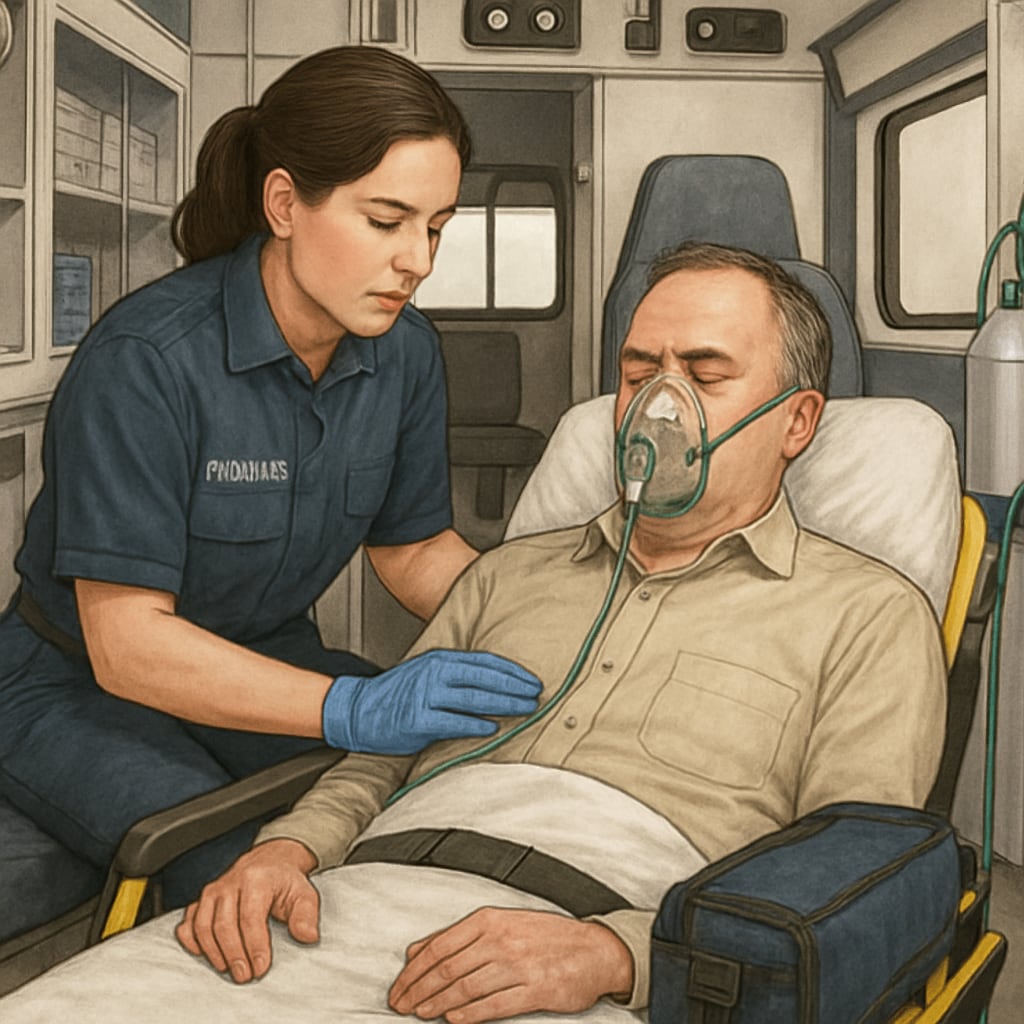For nursing students considering a transfer to another university, finding the right balance between a quality nursing program and an engaging campus life can feel like a daunting task. With the additional advantage of EMT (Emergency Medical Technician) experience, transfer students can further enhance their competitiveness in the application process. This article will guide you through key factors for selecting a nursing program and offer tips on how to maximize your EMT background to achieve academic and personal success.
Choosing the Right Nursing Program: Key Considerations
When evaluating nursing programs as a transfer student, it’s essential to consider both academic rigor and the campus environment. The right program should not only provide excellent education and clinical training but also support a balanced student experience. Below are some critical factors to keep in mind:
- Accreditation: Ensure the program is accredited by reputable organizations, such as the Commission on Collegiate Nursing Education (CCNE) or Accreditation Commission for Education in Nursing (ACEN).
- Clinical Opportunities: Investigate the variety and quality of clinical placements offered. A program with strong hospital affiliations and diverse clinical settings can provide invaluable hands-on experience.
- Faculty Expertise: Research the backgrounds of faculty members. Professors with extensive nursing experience and advanced certifications can greatly enhance your learning.
- Campus Resources: Check for student support services like academic advising, mental health resources, and career counseling.
- Campus Life: Look for extracurricular activities, clubs, and organizations that align with your interests. A vibrant campus life can help you maintain a healthy work-life balance.
By carefully considering these factors, you can identify a program that meets both your academic and personal needs.

Leveraging EMT Experience to Stand Out
Your EMT experience is a unique asset that can set you apart from other transfer applicants. Not only does it demonstrate your commitment to healthcare, but it also provides practical skills that will be invaluable in nursing school. Here’s how to make the most of your EMT background:
- Highlight Transferable Skills: Skills like patient assessment, emergency response, and teamwork are directly applicable to nursing. Be sure to emphasize these in your application essays and interviews.
- Emphasize Real-World Experience: Share specific examples of challenging situations you managed as an EMT. This demonstrates your ability to stay calm under pressure—a critical trait for nurses.
- Network with Faculty: Reach out to nursing faculty during campus visits or informational sessions. Mentioning your EMT experience can spark meaningful conversations and leave a lasting impression.
- Earn Certifications: If possible, pursue additional certifications such as Basic Life Support (BLS) or Advanced Cardiovascular Life Support (ACLS). These can further bolster your application.
By strategically showcasing your EMT experience, you can position yourself as a well-rounded and capable candidate for any nursing program.

Balancing Academic Demands with Campus Life
Once you’ve joined a nursing program, the challenge of balancing rigorous academics with an active campus life begins. Here are some tips to help you maintain equilibrium:
- Create a Schedule: Use a planner or digital calendar to organize your classes, clinical rotations, and personal commitments.
- Set Boundaries: Allocate specific times for studying and relaxation. Avoid overcommitting to activities that could jeopardize your academic success.
- Join Relevant Organizations: Participate in nursing student associations or volunteer opportunities that align with your career goals.
- Practice Self-Care: Take time for physical activity, healthy eating, and mental health breaks. A balanced lifestyle supports both academic performance and personal well-being.
Remember, achieving balance is a continuous process. Be flexible and adjust your approach as needed to ensure long-term success.
Conclusion: For nursing transfer students, the journey to balance quality nursing education with an engaging campus life requires thoughtful planning and dedication. By selecting the right program and leveraging unique experiences like EMT training, students can thrive both academically and personally. Embrace the process, and you’ll find yourself well-prepared for a rewarding nursing career.
Readability guidance: Use concise paragraphs and lists for clarity. Incorporate transitional words to ensure smooth flow. Maintain a focus on practical tips and actionable insights to keep the reader engaged.


